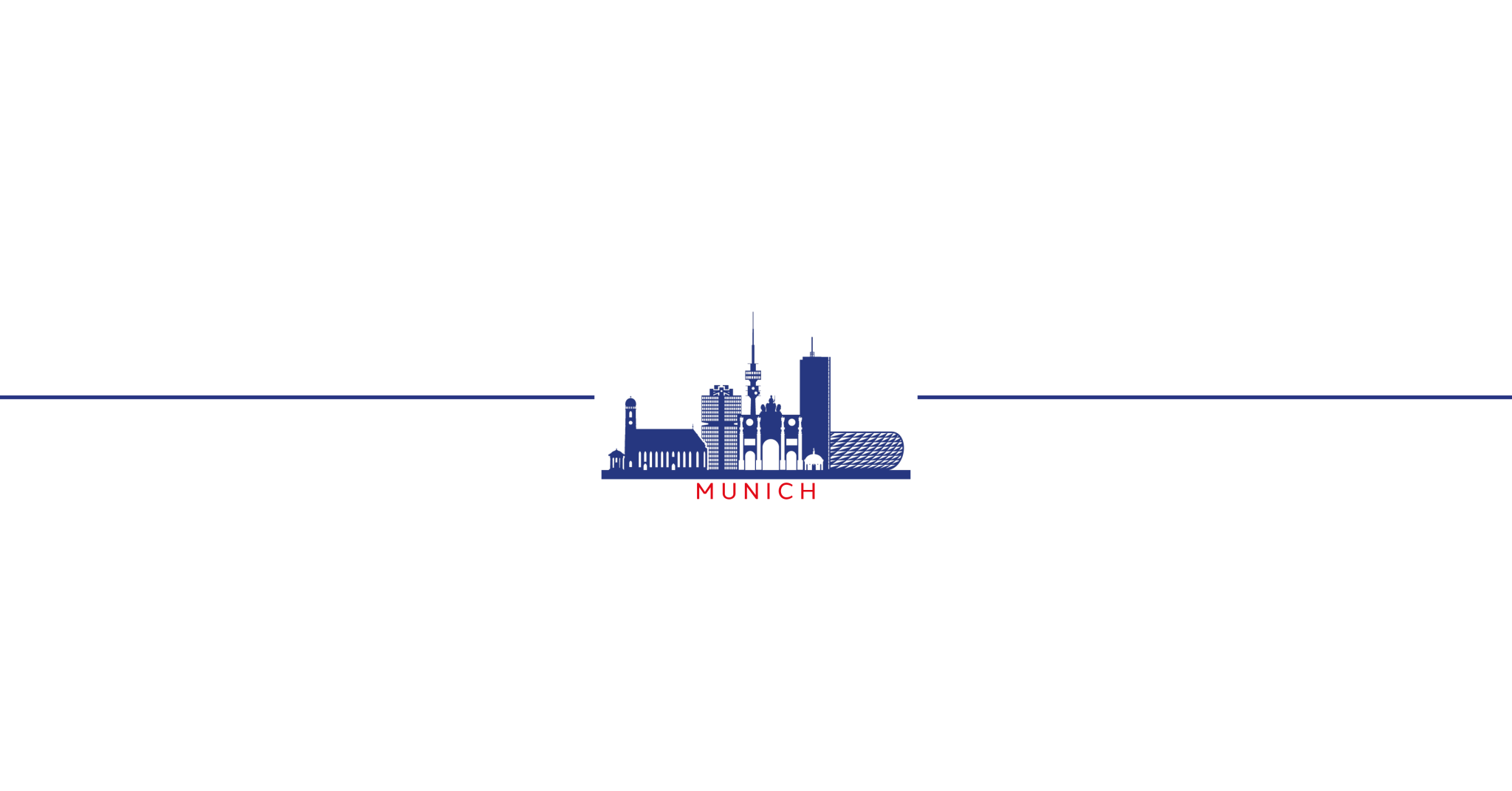We cordially invite you to join the 9th ICAA Conference, which will take place in Munich between October 15 – 17, 2024.
The aim of this conference is to convene experts in the field of cerebral amyloid angiopathy and hear about the latest developments in CAA research ranging from basic research to studies in humans. Amongst others, the conference will include presentations on genetics, epidemiology, neuropathology, neuroimaging, clinical trials, and experimental animal research. Traditionally, this event provides a unique opportunity to meet with leading scientists in the field of CAA and related areas, including neuroscience, cardiovascular medicine, and methods development and enable investigators at all career stages to establish connections, start collaborations and generate new ideas.
This ICAA conference will cover key topics in CAA research such as immune-mechanisms, interactions with neurodegenerative disease, mechanisms at the BBB and of intracrebral hemorrhage, high frequency imaging, ARIA, amyloid transmission, risk prediction, treatment approaches, brain waste clearance, and results from omics studies. The program includes a diverse range of invited speakers as well as speakers selected from submitted abstracts, who will present highly topical and unpublished research. The format prioritizes discussion and informal interactions among scientists of all career levels.
Participation into the conference, which will be in a wonderful location next to the famous English Garden, requires registration via this website. Please visit this website to learn about updates.
We look forward to welcoming you all at the conference in this truly exciting time for CAA research!
With warmest regards,
Martin Dichgans & Steven Greenberg
The Conference Venue
Exploring the Magnificence of Kardinal Wendel Haus in Munich
Located in the heart of Munich, Germany, the Kardinal Wendel Haus stands as a testament to architectural brilliance and historical significance. Named after Cardinal Michael von Faulhaber, the Kardinal Wendel Haus is a striking complex that serves as a cultural, spiritual, and educational center, offering a plethora of activities and resources for visitors and residents alike.
History:
Constructed in the early 20th century, the Kardinal Wendel Haus was initially built as a residence for the archbishops of Munich and Freising. Over the years, it evolved into a multifunctional space, accommodating various religious and social functions. The building has witnessed significant events in German history, including both World Wars and the post-war reconstruction era.
Architecture:
The architectural design of the Kardinal Wendel Haus is a blend of traditional Bavarian elements with modern functionality. The exterior facade exudes grandeur, with its imposing structure and intricate detailing. Inside, visitors are greeted by spacious halls adorned with ornate decorations and elegant furnishings. The chapel within the complex is a serene oasis, featuring stunning stained glass windows and exquisite religious artwork.
Cultural and Educational Center:
Today, the Kardinal Wendel Haus serves as a vibrant cultural and educational hub in Munich. It hosts a wide range of events, including concerts, art exhibitions, lectures, and workshops, catering to diverse interests and audiences. The center also houses a library and archives, providing valuable resources for researchers and scholars interested in theology, history, and art.
Spiritual Sanctuary:
As a spiritual sanctuary, the Kardinal Wendel Haus offers retreats, seminars, and spiritual guidance for individuals seeking solace and reflection. The tranquil surroundings and serene atmosphere provide the perfect environment for meditation and prayer, allowing visitors to connect with their inner selves and deepen their spiritual journey.
Community Engagement:
In addition to its cultural and spiritual offerings, the Kardinal Wendel Haus actively engages with the local community, supporting charitable initiatives and social outreach programs. It serves as a beacon of hope and compassion, fostering unity and understanding among people of different backgrounds and beliefs.

